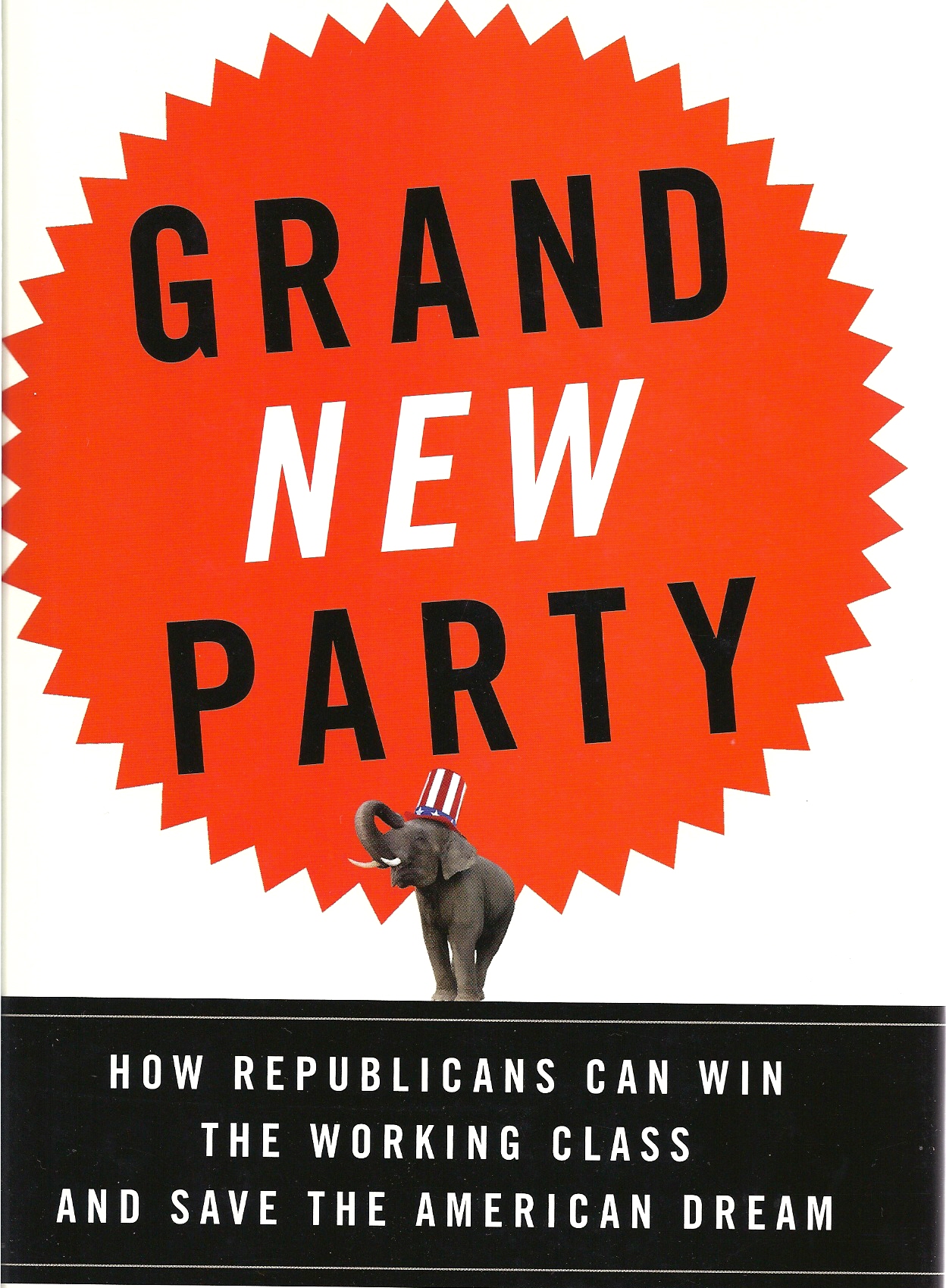by Matthew Raley Ross Douthat made a trenchant observation in his New York Times column on Easter Sunday. "The doctrine of hell . . . assumes that our choices are real, and, indeed, that we are the choices that we make. The miser can become his greed, the murder can lose himself inside his violence, and their freedom to turn and be forgiven is inseparable from their freedom not to do so."
The idea of divine justice, that God renders a verdict on our choices and that a guilty verdict demands punishment, is being revised.
Many evangelicals are now saying that we must discard such old notions. They argue that God's every action is redemptive. Because the doctrine of eternal, conscious punishment in hell assumes a punitive wrath in God that has no redemptive motivation, the doctrine is inconsistent with God's nature.
Gregory Boyd (discussing annihilationism) says, "Consider that in the traditional view, the wicked are not being punished to learn something. There’s nothing remedial about their torment. Rather, God keeps them in existence for the sole purpose of having them experience pain."
Modernists made similar arguments more than a century ago. Old notions of justice as payback are barbaric, and Western civilization has outgrown such primitive ideas. Hell thus belongs to the lower rungs of humanity's evolution.
Is it the case that redemptive mercy is central to God's character, and does this characteristic invalidate the idea of hell?
Let's probe the word redemption. The Greek word is lutron, which refers to the ransom price for slaves or captives. There will be no release until the price is paid. Jesus, speaking about the key to his Lordship, says that he came to serve by giving his life as the redemption price for many (Mark 10.35-45).
Another word that expresses a similar idea is propitiation. Paul teaches that God made Christ's blood to be the "propitiation," the appeasement of God's justice, that sinners receive by faith (Romans 3.21-26). Paul also states the reason God made this appeasement in blood: "It was to show his righteousness at the present time, so that he might be just and the justifier of the one who has faith in Jesus." That is, God's justice is demonstrated by his paying the price incurred by sin.
Redemptive mercy is indeed central to God's nature. But to call God's nature redemptive without reference to the purchase price is to talk nonsense. God does not do "remedial" sentences as a way to satisfy his justice. When he shows mercy to a sinner, he purchases the individual out of death into life.
In other words, Christ's death on the cross was redemptive because the death was entirely punitive. In God's plan the cross was not a sympathy-generating symbol or an attention-getting drama. It was the final propitiation of God's wrath. It paid the ransom.
No payment, no mercy. Full payment, full pardon.
The argument from God's mercy that many evangelicals are now using against the traditional doctrine of hell can also be used -- indeed, has been used -- to attack Christ's atonement for sin. Modernist theological liberals have long preached that the cross couldn't have been about something so primitive as payment. The cross is tragic blood-poetry to them.
I have never been impressed with modernism's treasured fantasy of cultural progress. Today's notion of remedial justice is founded on the lie that sin is not truly destructive of human life. Believing lies like this is not a sign of evolutionary refinement, but of degradation. Sin is destructive, and its deadly consequences cry out for recompense. The fact that we are all under sentence only makes the urgency of the cross more intense.
Douthat cites a contemporary story of sin, the fictional life of Tony Soprano, who rejects one opportunity after another to turn from his life of violence. "'The Sopranos' never suggested that Tony was beyond forgiveness. But, by the end, it suggested that he was beyond ever genuinely asking for it."
Rob Bell's notorious question about whether Gandhi is in hell is fair enough, says Douthat. "But there’s a question that should be asked in turn: Is Tony Soprano really in heaven?"

